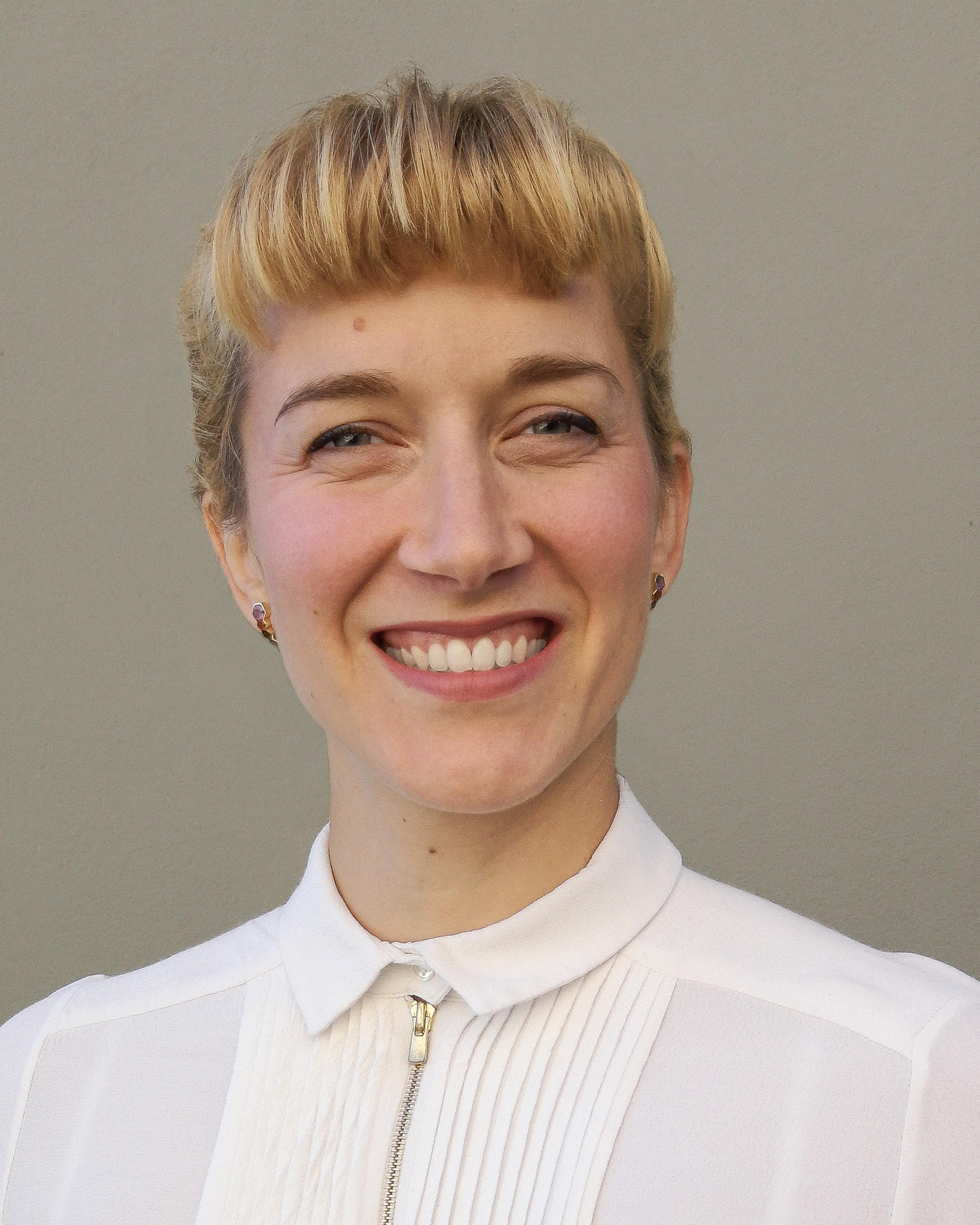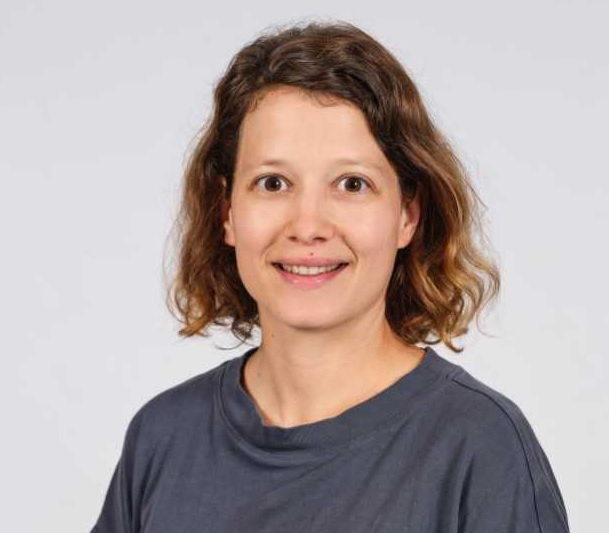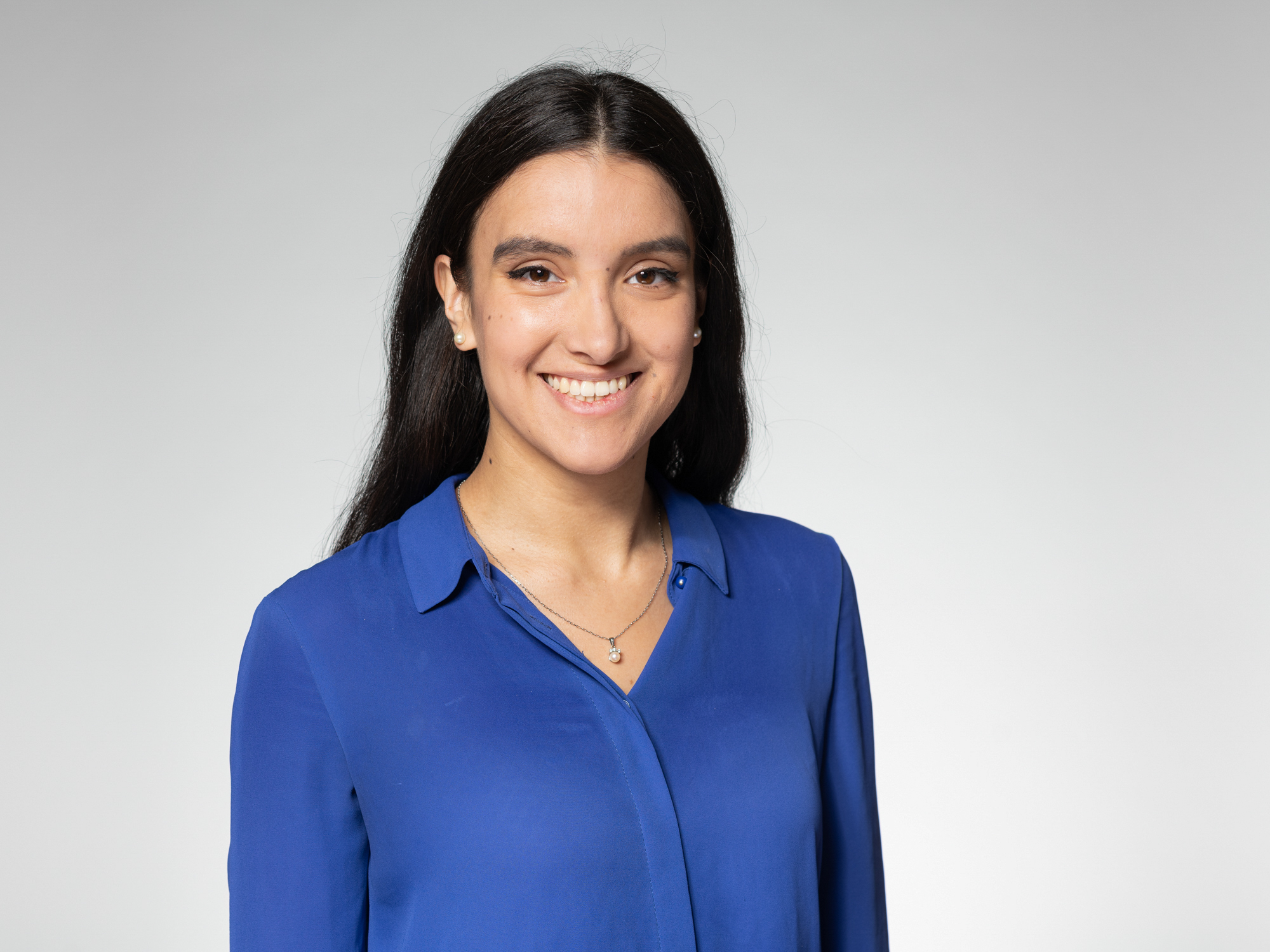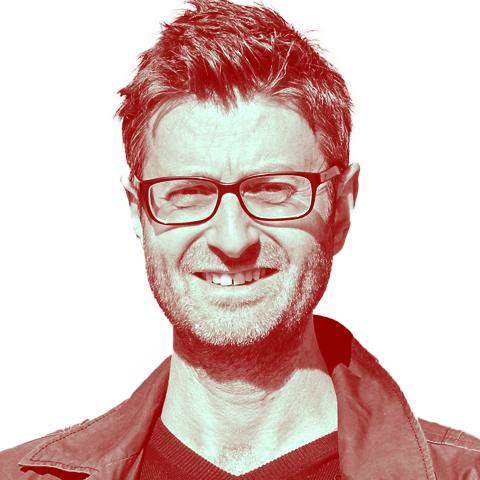The younger generation fighting sexual harassment at Swiss universities

Public awareness campaigns have not stemmed sexual harassment at Swiss universities. A new generation of women is taking matters into their own hands. SWI swissinfo.ch met three of them.
Sexual harassment persists in academia despite growing awareness from the #metoo movement.
A new generation of women is tackling the issue head-on, determined to make a difference. They are launching awareness-raising campaigns, creating telephone hotlines and online platforms for potential victims, and offering workshops on soft skills and becoming actors in the political discussion for more inclusive campuses.
We met three Swiss women who want to make a difference inside their learning institutions and beyond.
Livia Boscardin: empowering women through martial arts

Livia Boscardin, 36, broke her first wooden board when she was 11 years old. It was the highlight of a self-defence course that she was taking. From that day she flaunted the broken piece to her brother’s face every time he wanted to annoy or tease her.
“That course had a lasting effect on me and taught me to stand up for myself,” she says.
Years later, as a bachelor, masters and then PhD student in sociology at the University of Basel, she was confronted with other, more serious forms of annoyances.
“Senior scientists constantly commented on my body, clothes, smile and nail polish. A professor invited me several times to his house. This is not appropriate behaviour if the person is not at your level in the hierarchy,” she says.
She became increasingly dissatisfied with the conservative environment at university and the way she was treated. She decided to quit her academic career shortly after receiving her PhD. She took things into her own hands and decided to empower other women.
Boscardin took in-depth courses in domestic violence, sexual health and sexual rights, and she became a trainer in Wen-Do, the same martial art that she practised aged 11. She now offers classes to students, employees, and researchers at the University of Basel as well as to people who have suffered from some form of harassment outside the university. The participants are only women: victims of sexual harassment, students who want to know how to react in threatening situations, immigrant women, and girls as young as eight.
Boscardin’s classes are about teaching empowerment and preventing violence. She informs the participants about the definitions of sexual harassment, what is appropriate and what is not, and the supporting structures available at the university.
The meetings also include moments when the participants share their experiences within the group. “A lot of people cry when telling their painful stories”.
Finally, Boscardin teaches them strategies on how to analyse the body language of a perpetrator, how to react verbally and physically, and how to inform colleagues and sensitise them to sexual harassment. “Sometimes we also include physical self-defence, just because it’s fun,” she says.
The results, she says, are impressive. “Women arrive shy and scared and then glow. They leave as changed individuals”. Participants are able to leave violent partners and toxic job environments behind, talk about their harassment experiences, and change their lives.
But the job takes a toll on Boscardin too. Her coping strategy is to practise Thai boxing three times a week and read a book while sunbathing.
Boscardin also calls for a new alliance between men and women, as “men are key to tackling sexism and violence.” That’s why she has teamed up with a male colleague who now offers a similar course for men.
“A lot of people are genuinely not aware that they are trespassing boundaries,” she says.

More
The harsh reality of sexual harassment in hospitals
Simona Materni: starting with prevention

Simona Materni, 39, believes in the power of prevention. As a project manager at the University of Lucerne, she was the driving force behind the first national Sexual Harassment Awareness Day, which took place on March 23.
Materni joined colleagues from across the Swiss educational system to present a packed programme for the day. Co-organisers included the Swiss federal technology institutes in Lausanne (EPFL) and Zurich (ETH Zurich), along with nine other universities and 15 higher education institutions. The awareness-raising campaign on sexual harassment started online with dedicated videos and informative flyers. Events took place in the form of round tables, conferences, and interactive theatre, both online and in local institutions.
Before joining the University of Lucerne, Materni was a project manager with Swiss Crime Prevention, an intercantonal service specialised in preventing crime and promoting safety. The work involved networking with cantonal police forces, monitoring criminal activity, and developing communication strategies for prevention.
Materni has always been interested in why morally wrong actions stem from apparently normal people. “That’s why I then studied practical philosophy and took courses in law and criminology,” she says. But when she helped female victims of domestic violence in shelters, she realised how much pain and money our society could spare if crimes are not only studied but also prevented.
“Prevention is really hard work – it’s difficult to go beyond the bubble of people who are already convinced and engage with the others,” she says. The Sexual Awareness Day got mixed results: “The interactive theatre at the University of Lucerne was quite successful, but we know that in some universities not many people showed up at the events,” she admits. SWI swissinfo.ch went to a round table organised by the University of Geneva where very few people, under 30, including two men, were in attendance.
Materni advocates for an awareness-raising strategy on sexual harassment that is less focused on negative emotions and sad stories and more on positive messages. “If we want to reach out to a broader audience, including men, we need to communicate hope and the positive outcomes that are there for everybody,” she says.
She is convinced that a more equal world can lead to better working environments, where every person can talk about their insecurities, where discrimination is addressed and handled appropriately, and where there’s a culture of acceptance and dialogue.
But convincing decision-makers and leaders to adopt adequate measures is as important as a good communication campaign: “Nearly all the rectors we contacted for the video message of the campaign participated enthusiastically, but now we need to hold them accountable,” she says. The message pushed for a safer academic environment and to put an end to sexual harassment. To achieve that, more activism, lobbying, and networking are needed.

More
Swiss universities are tackling sexual harassment. Are they getting it right?
Valentina Gasser: change through transparency

Valentina Gasser, 30, is a young scientist of Swiss, Peruvian, and Italian ancestry. As a PhD student in chemistry at the federal technology institute ETH Zurich, she was until recently the vice-president of the Society of Women in Natural Sciences (WiNS), an association of women in science at the institute which supports women’s personal development and career.
Science has always been Gasser’s calling: even without having a role model around her, as a child she fantasised about discovering new drugs and medicine.
Along the way, she didn’t expect sexual harassment could become a hurdle in her career. Gasser was harassed several times by a more senior scientist while pursuing her doctoral degree, both at the workplace and at related social events. Trying to fight back sexist jokes and allusions, she confronted her perpetrator, “but he wouldn’t listen, and no one around dared to intervene,” she recalls. Hoping to find comfort and to be listened to, she joined WiNS, an association that she values as open and respectful.
WiNS was created in 2014 and brings together scientists from the departments of chemistry, biology, mathematics, and physics. The association offers career and networking events that initially were accessible only to women. Recently, events have been opened to all, and Gasser was one of the agents of change.
“In that way, men can also have the opportunity to learn what women and other minorities doing science go through,” she says. What’s worrying her right now is the difficulty that many victims face in reporting cases: “There’s no reward for speaking up – it usually blows up.” Gasser finds that one reason for this lies in the faulty and chaotic reporting systems; another problem is the lack of consequences for perpetrators. “We should change the conversation from blaming the victim to pointing out the perpetrator’s fault,” she adds.
Last January, more than 50 female doctoral students, including Gasser, met members of the ETH Zurich executive board to voice the challenges they face in their day-to-day activities, and to recommend measures for preventing, monitoring, and holding individuals accountable for inappropriate and disrespectful behaviour at the institute. They advocate for anonymous reporting, gender quotas for professorships, and surveys to monitor the issue of sexual harassment. “Be transparent, ask the right questions, dare to look at the problem; that’s what we ask,” says Gasser.
Gasser hopes that the institute will listen to these requests. For the time being, however, she has decided to leave the front lines to focus on her research: “I don’t want this topic to be the only thing in my life,” she says.
Edited by Virginie Mangin
This article was updated August 23 to update a quote by Valentina Gasser.

In compliance with the JTI standards
More: SWI swissinfo.ch certified by the Journalism Trust Initiative









You can find an overview of ongoing debates with our journalists here . Please join us!
If you want to start a conversation about a topic raised in this article or want to report factual errors, email us at english@swissinfo.ch.